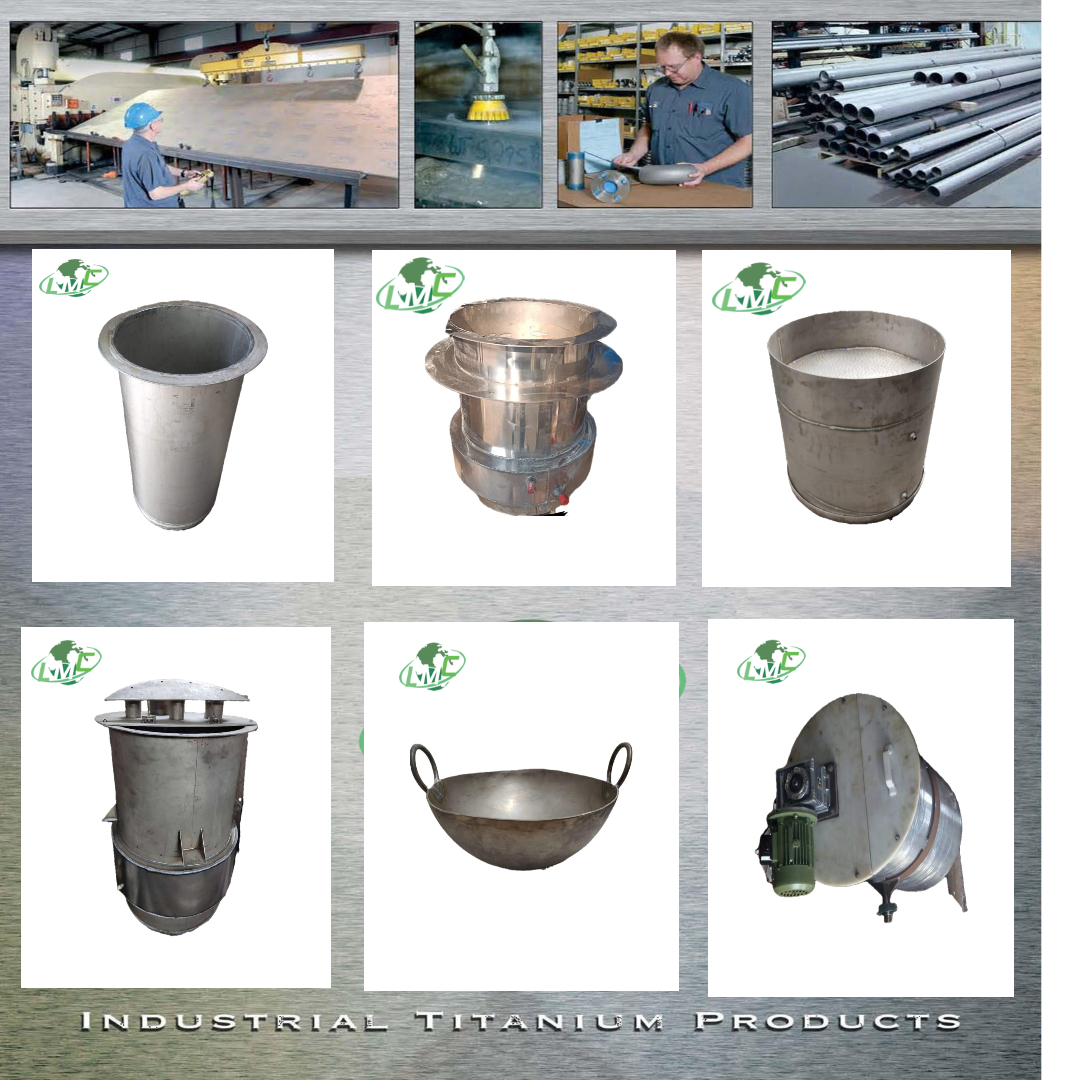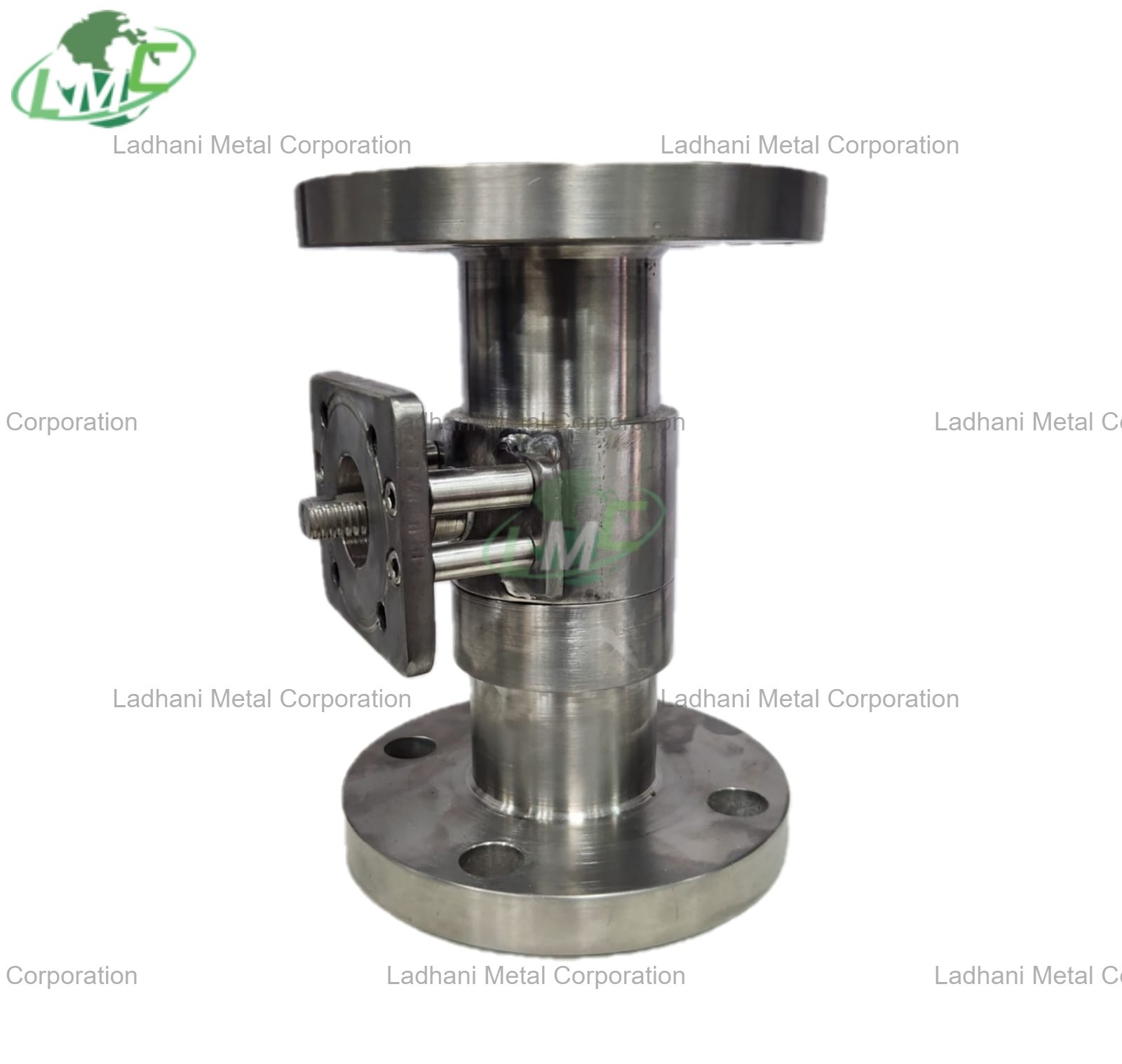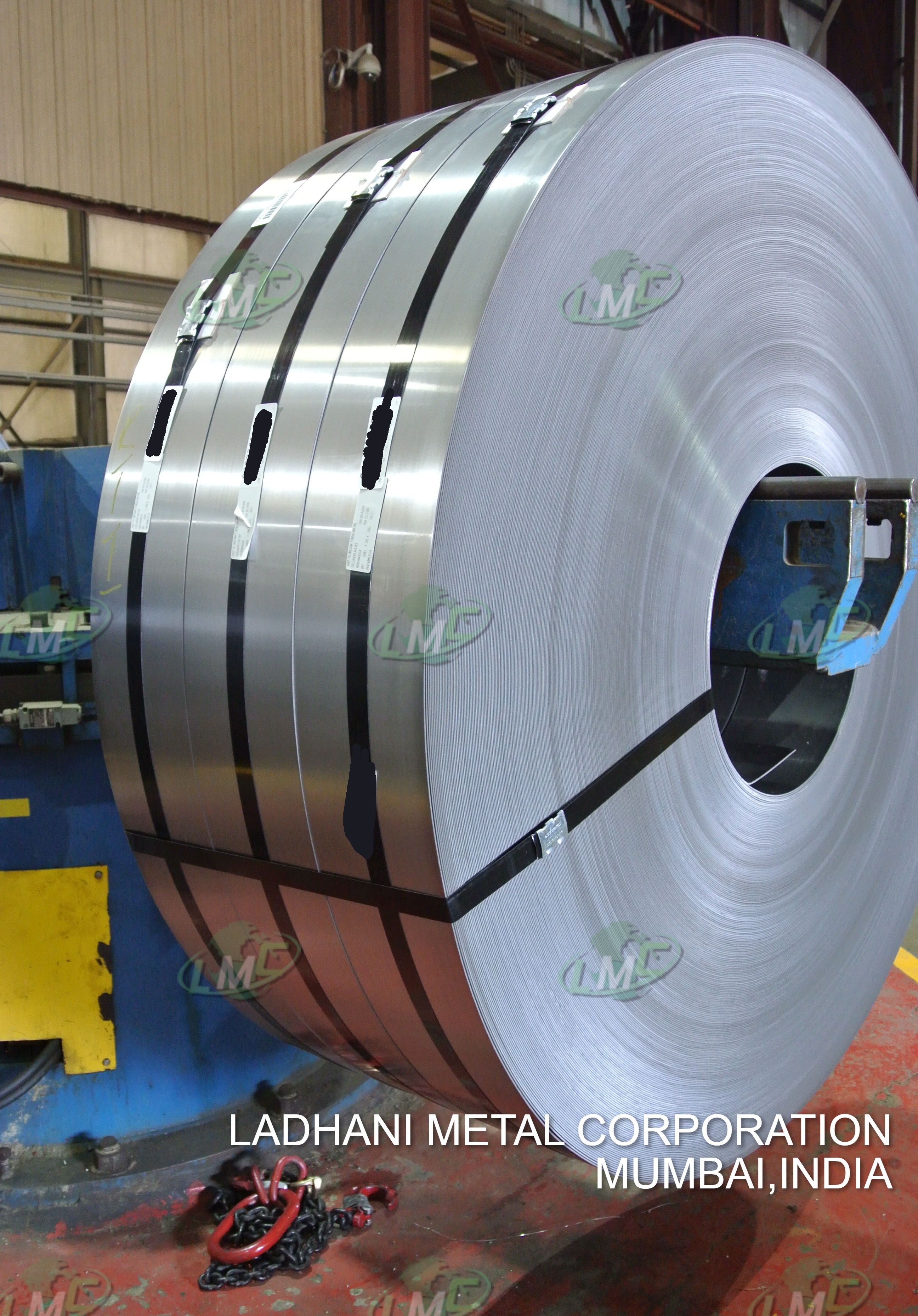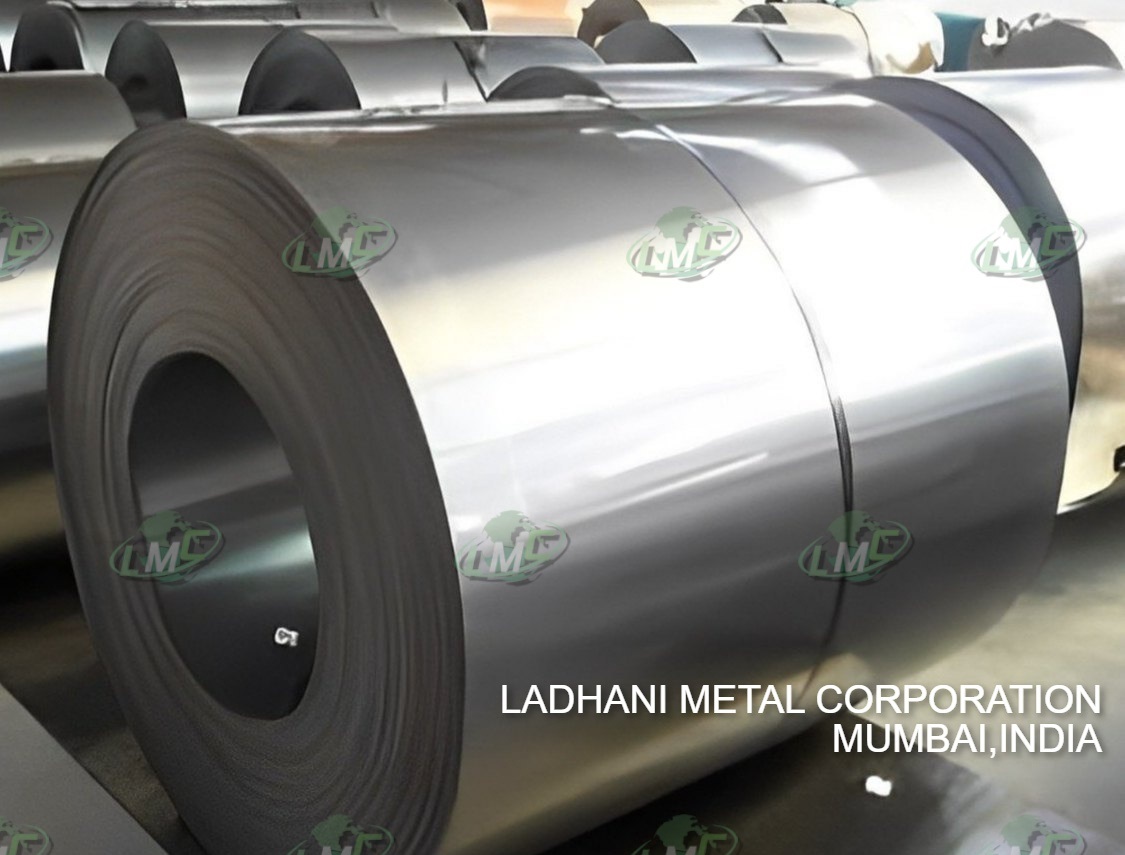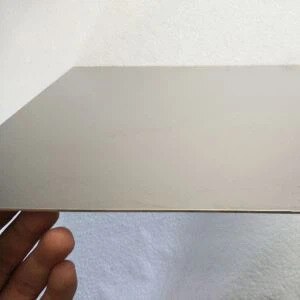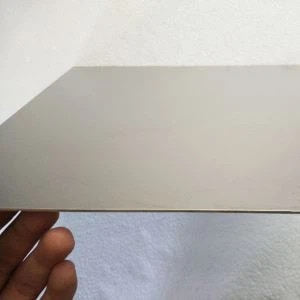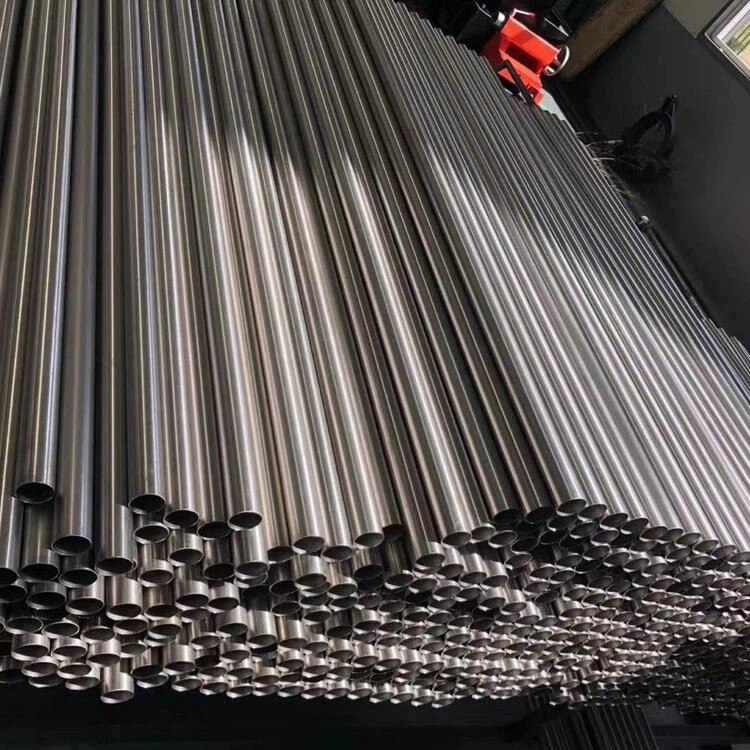At Ladhani Metal Corporation, we rely on advanced, durable, and highly resistant Titanium Tanks and Vessels in our state-of-the-art gold and silver refining processes to meet the highest industry standards of efficiency and quality. Titanium, known for its exceptional strength, lightweight nature, and superior corrosion resistance, is the perfect material for handling the challenging and chemically aggressive processes involved in precious metal refining. Titanium Tanks and Vessels are critical components in ensuring the refined metals remain pure and free from contaminants, which is a paramount concern in the production of high-quality gold and silver. These tanks and vessels are custom-designed to withstand the demanding conditions of refining, where harsh chemicals, high temperatures, and reactive agents are frequently used. Key Features and Advantages of Titanium Tanks and Vessels: Unmatched Corrosion Resistance: Titanium's resistance to corrosion in both oxidizing and reducing environments makes it ideal for gold and silver refining operations. High Strength and Durability: Titanium exhibits extraordinary strength even at high temperatures, allowing our refining plant to maintain operational efficiency without concerns about material failure. Precision and Purity Assurance: Titanium's non-reactive nature ensures that it does not introduce any impurities into the refining solution, which is critical when producing high-purity gold and silver. As precious metals are refined, any contaminant introduced through the process can significantly reduce the quality of the final product. Titanium's inert properties prevent such risks, allowing for the highest-quality output. Optimal Design for Efficient Operations: The Titanium Tanks and Vessels are designed with precision to optimize chemical mixing, temperature regulation, and overall process control, contributing to the efficiency of the refining operations. Their advanced engineering ensures minimal energy loss and greater process consistency, which translates to better yields and faster turnaround times in the refining cycle. Applications in Gold and Silver Refining: Electrolytic Refining: Titanium vessels are used to hold the electrolyte solutions during electrorefining processes, which are crucial for separating pure gold and silver from impurities. The non-reactive properties of titanium ensure that the refining chemicals do not degrade the container or contaminate the solution. Aqua Regia Processing: When gold is dissolved in aqua regia for further separation and purification, the highly corrosive nature of this acid mixture makes titanium an ideal material for containing the solution without causing any damage to the vessel. Conclusion: The Titanium Tanks and Vessels at Ladhani Metal Corporation are integral to the efficiency, safety, and success of our precious metal refining operations. By leveraging the unique properties of titanium, we ensure that our gold and silver refining processes produce the highest purity metals while maintaining cost-effectiveness, operational longevity, and minimal maintenance requirements. Our commitment to using the best materials in the industry translates to superior results and a refined product that meets the exacting standards of our clients.
Send Message
